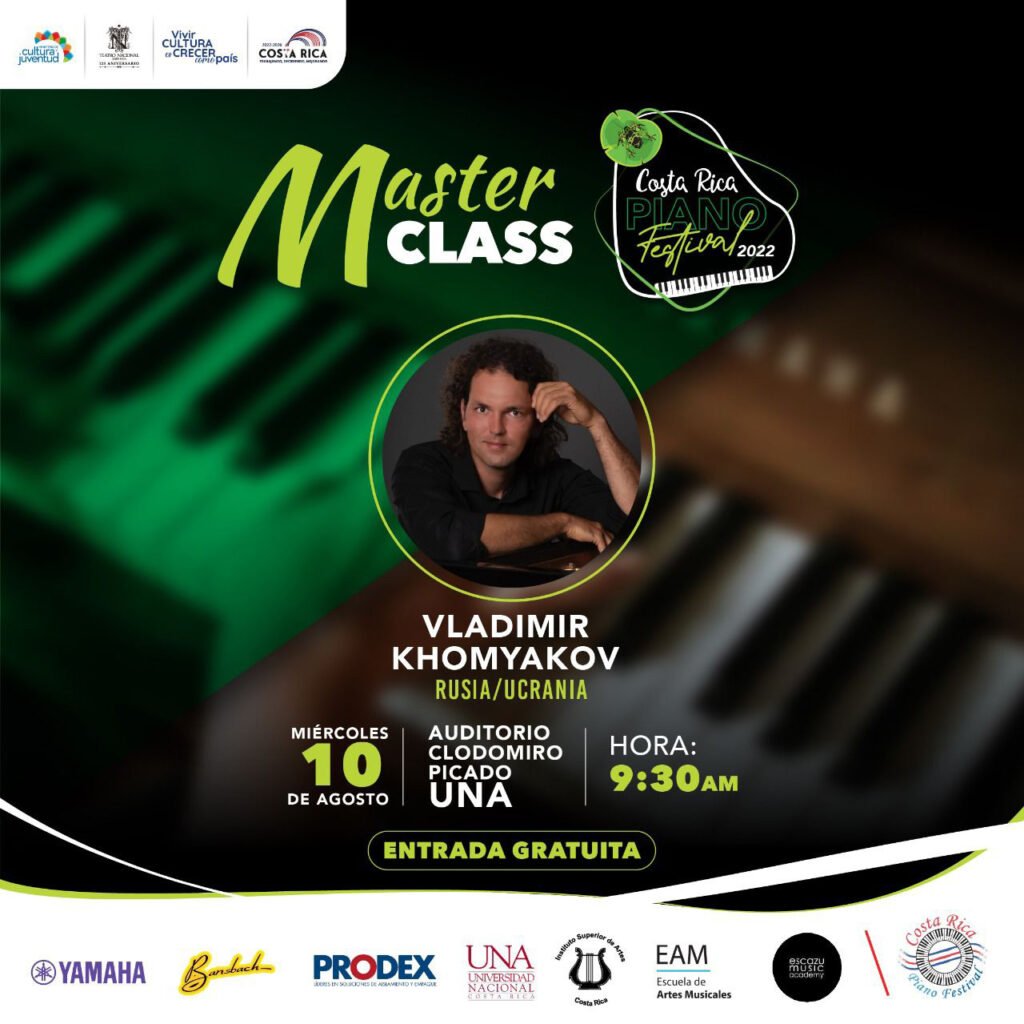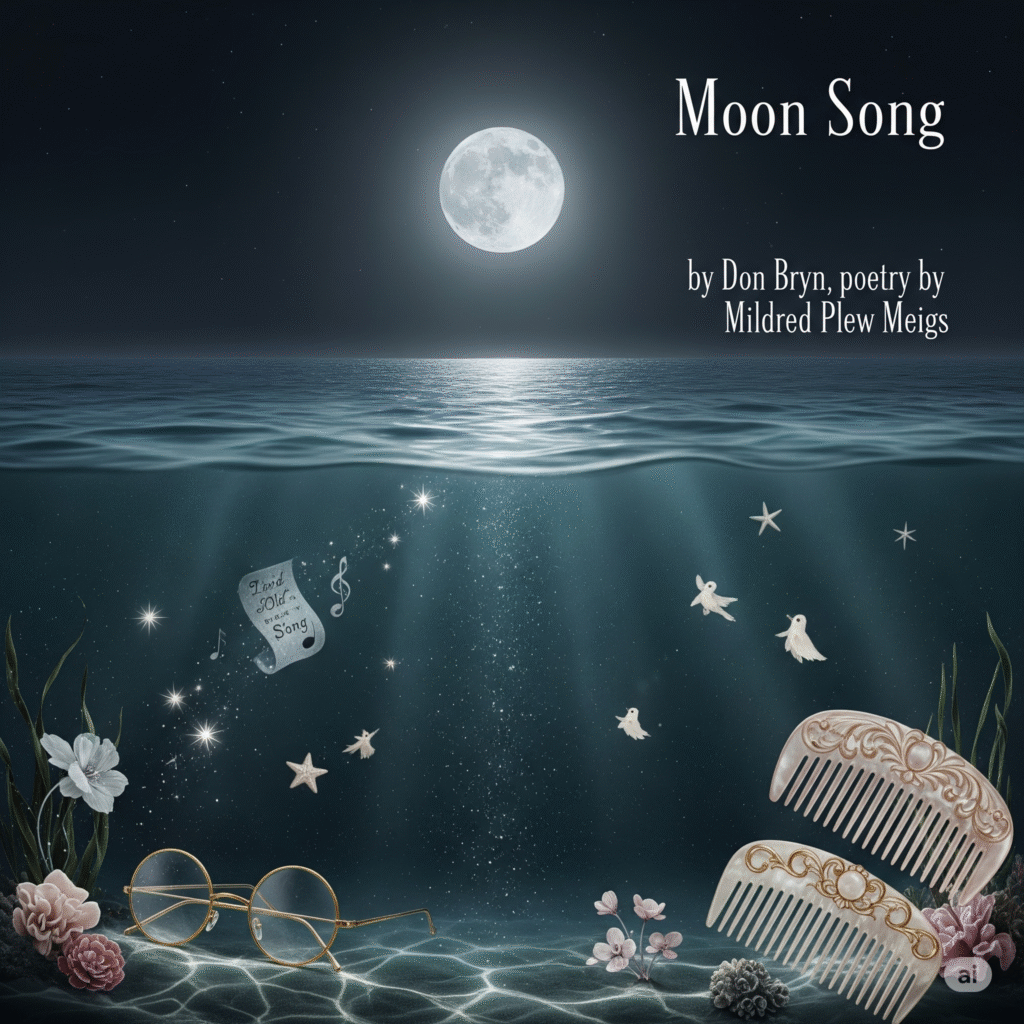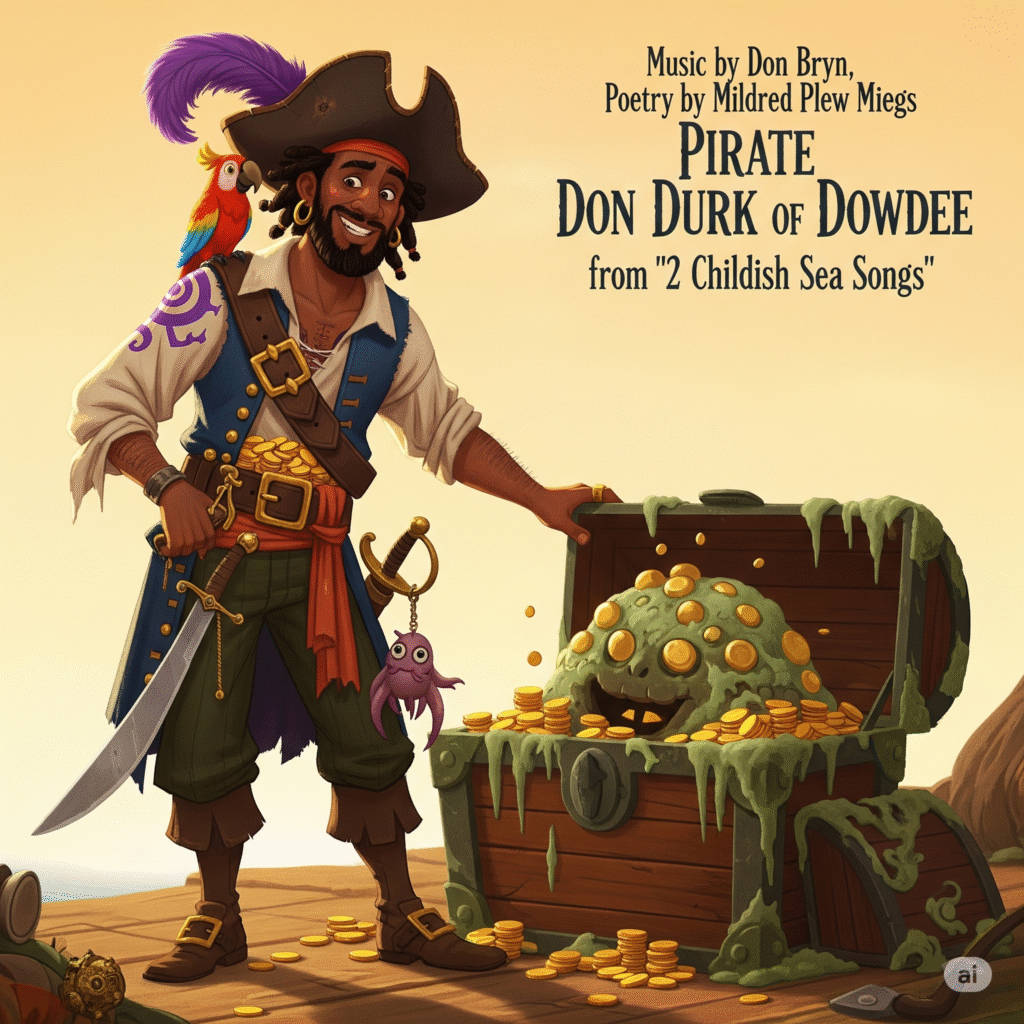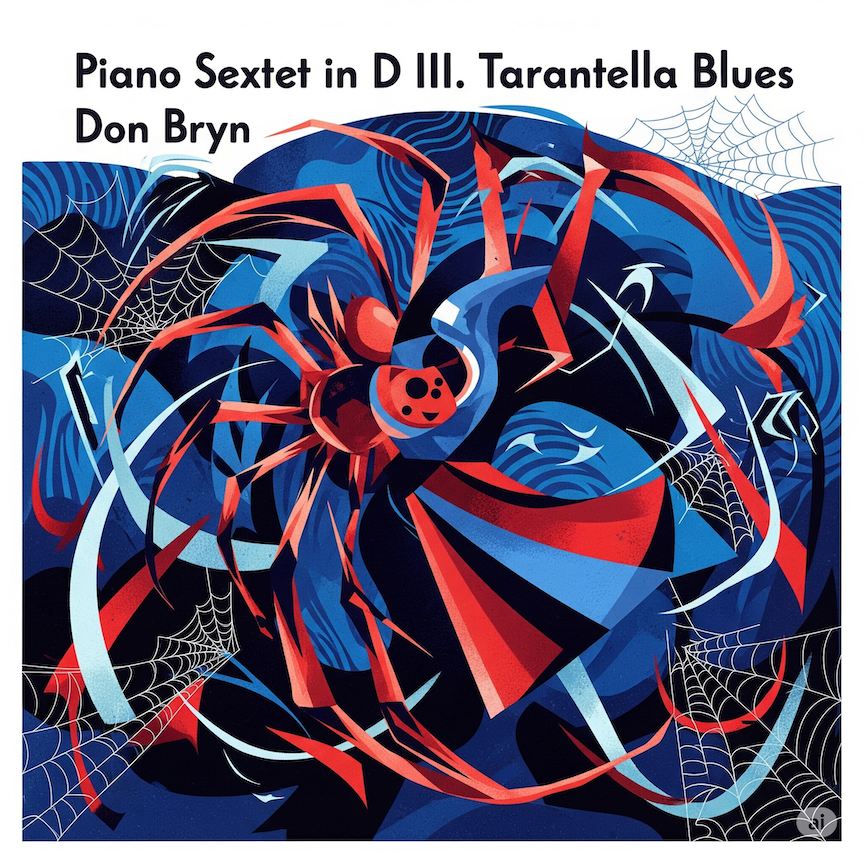Finally, after 2 years of Covid and missing the festival, I was able to attend the Costa Rica Piano Festival in San Jose, Costa Rica. I also finally got to meet Lanzo Luconi, the founder of this wonderful festival and learn about the amount of effort and trials it took to get the festival to where it is today.

This year the festival is still somewhat scaled back because the planning takes place so far in advance and it was uncertain how much Covid would still affect travel and public events. But it was such a worthwhile opportunity to see the artists working with young students as well as a fabulous concert.
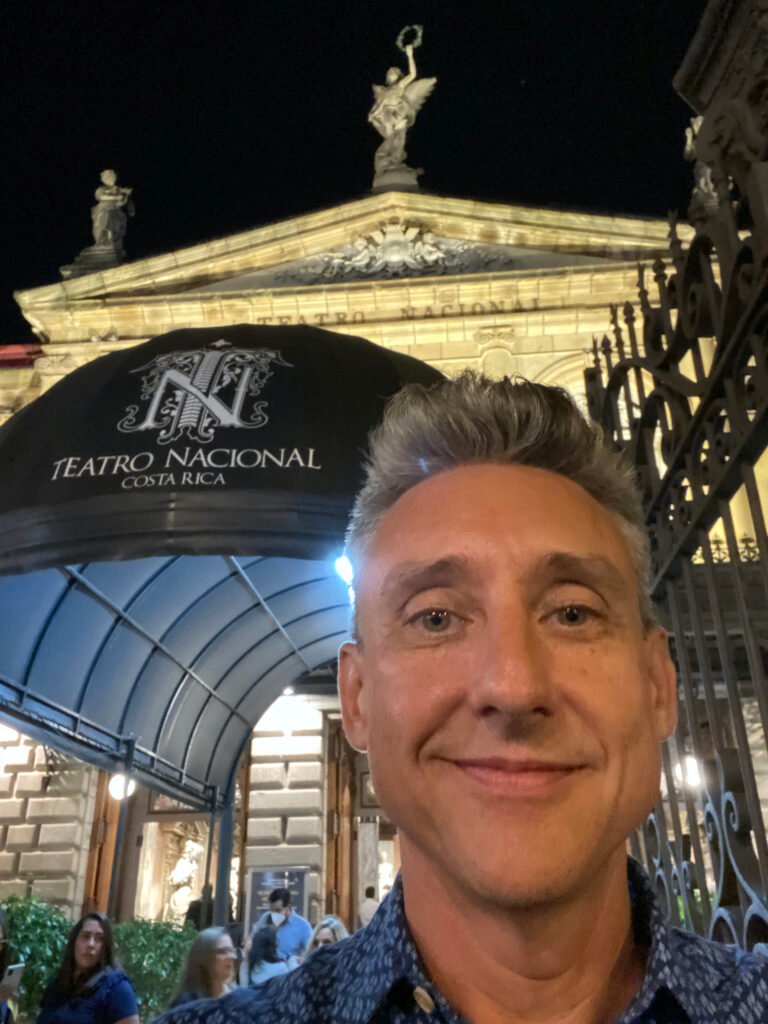
First I was excited to finally get a glimpse onto the campus of the Universidad Nacional de Costa Rica. Its as fun to be in a music building and hearing notes floating on the air again. This was the location of the masterclasses. Columbian Pianist Ana María Orduz was incredible in her approach to the young students. He use of imagination and imagery to connect musical concepts to technique was effective and inspiring. It was also great to see such young talent excelling on piano in a country where pianos of quality can be scarce.
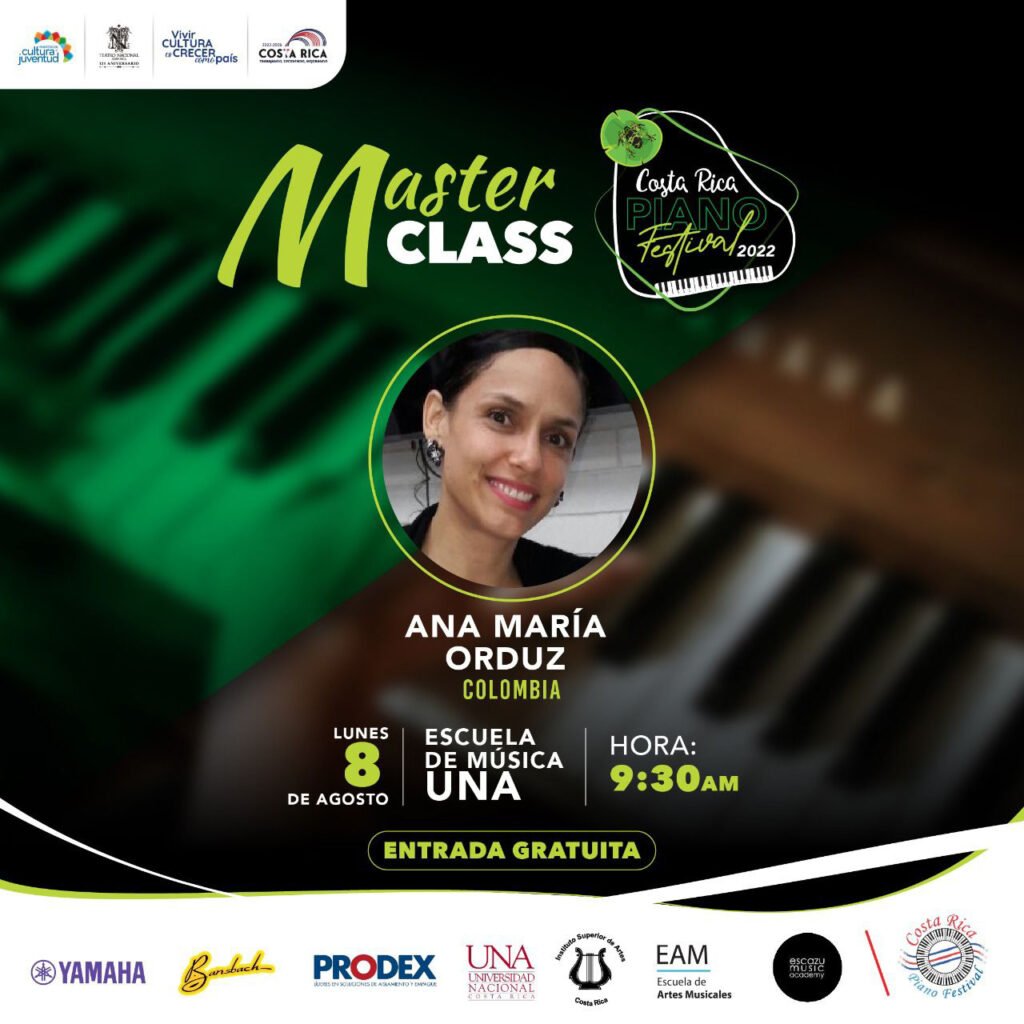
The concert was also a pleasant surprise. The quality performances were not a surprise – those were expected. But what surprised me was the modern repertoire and the friendly, approachable demeanor of the performers. They took time to chat about the pieces and even make some jokes with the audience. The musician friends with whom I attended told me the second performer, Jacques Sagot, is a Costa Rican legend, and were so happy he took time to sit on the front of stage and joke and chat about Liszt.
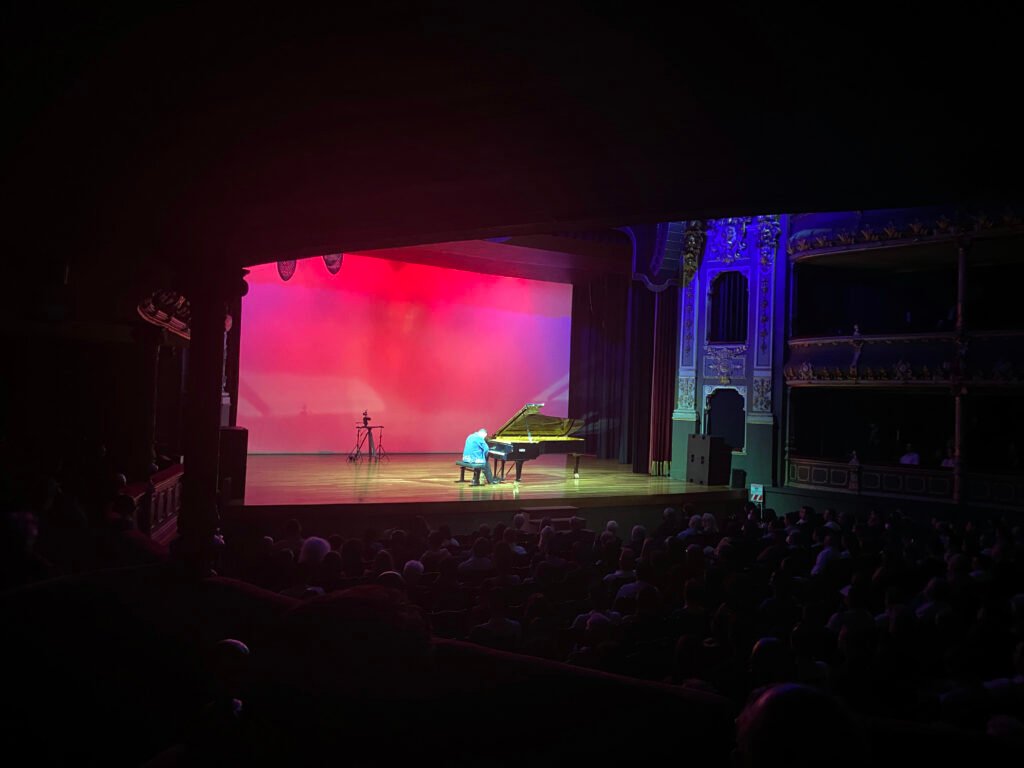
The concert took place in the Teatro Nacional, a national and historic landmark from the colonial era. It was a beautiful building with all the decorum of a museum inside. We had seats in a side box with an excellent view of the stage and piano keyboard. The piano and acoustics were quite good, and of course the playing was impeccable. It was an engaging mix of Romantic and modern music which I thoroughly enjoyed, though I have to admit I was particularly taken with the Suzuki piece as well as the two latin pieces by Cervantes and Vega.
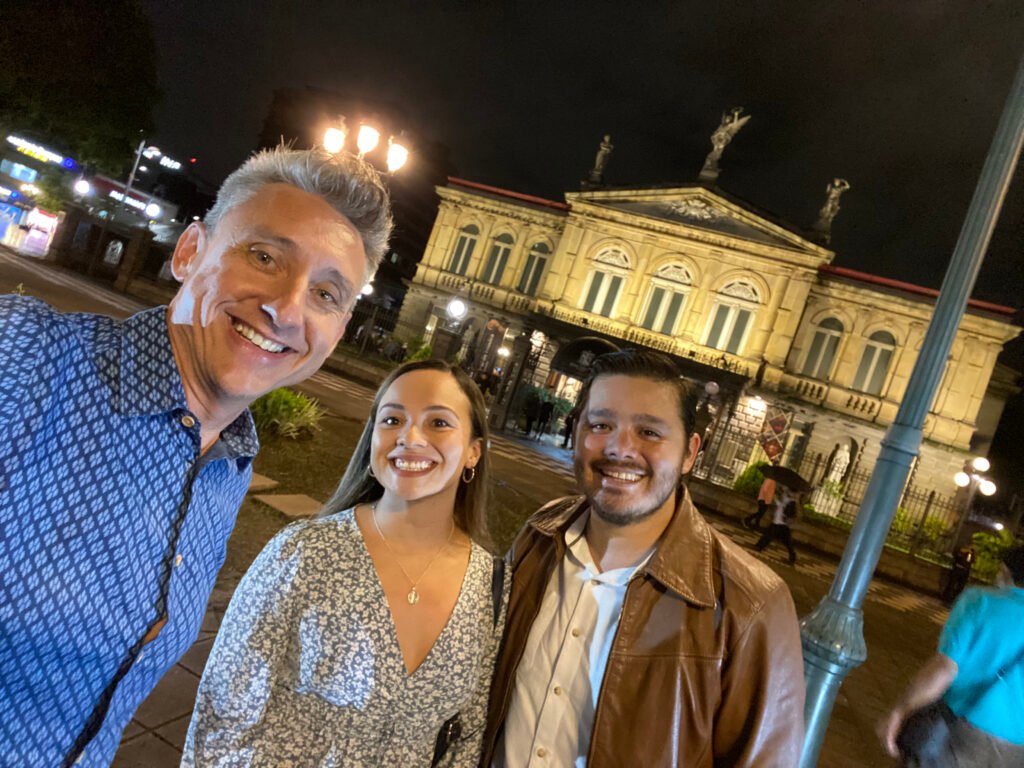
This was such a great experience and I hope to do it again next year, hopefully even sending an American student to the festival. My only complaint is that it happens late enough in the summer that I cannot stay for all of the events because I have to return to work.
PROGRAM
- Elegia Op. 3, No. 1 S. Rachmaninoff
- Butterfly Effect P. Esquivel
- Rapsodia sobre un tema de Paganini S. Rachmaninoff
- Variación XVIII
Pablo Esquivel, Piano
- Consolación No 3 F. Liszt
- Vallée d’øbermann F. Liszt
Jacques Sagot, Piano
- Intermotivos L. Monge
- Distancias L. Monge
- Bach-Ludio (Estreno Mundial) L. Monge
- Adagiocoso (Estreno Mundial) L. Monge
Luis Monge, Piano
INTERMISSION
- Un Reve en Mer (étude-meditation) T. Carreño
- Nocturne, Op. 20, No. 2 A. Backer-Grøndahl
- Gempei Momo Y. Suzuki
Manuel Matarrita, Piano
- El Velorio I. Cervantes
- Chacona en Fa sostenido menor B. Warsaw
- Widmung-Libeslied F. Liszt
- Caliente, de la Sonata Antillas D. Vega
Ana Maria Orduz, Piano
- Sonata No. 2, Op. 35 F. Chopin
- I. Grave – Doppio movimento
- II. Scherzo
- III. Marche funébre: Lento
- IV. Finale: Preso
Vladimir Khomyakov, Piano
